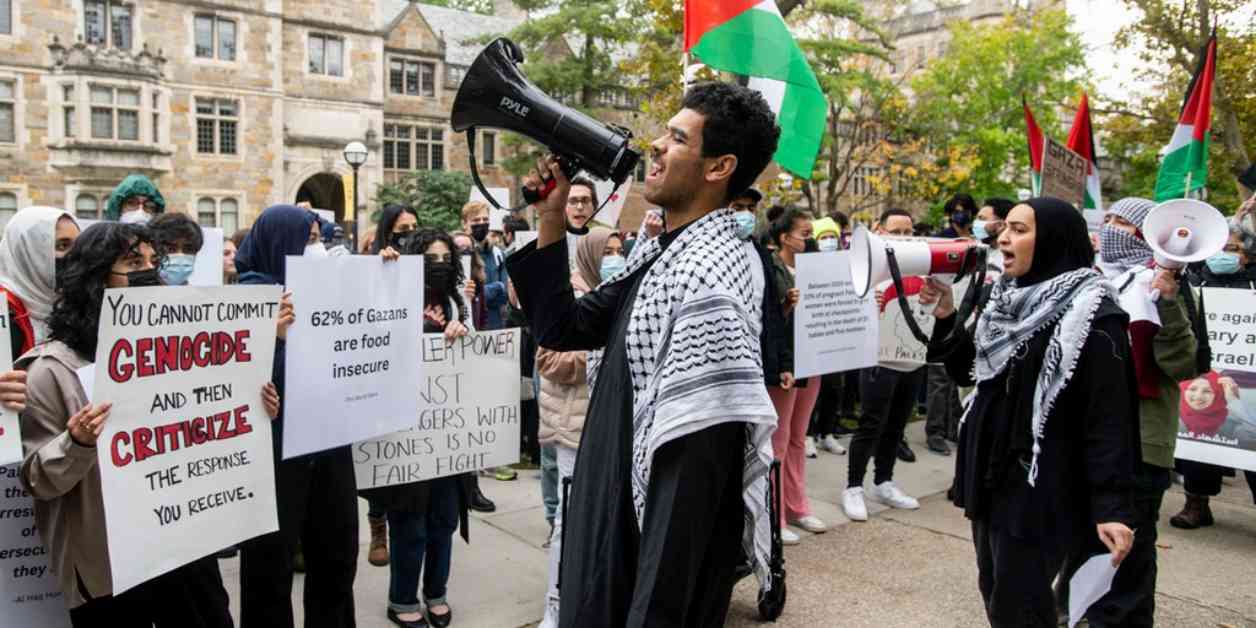The Department of Education found that the University of Michigan and the City University of New York did not properly investigate whether campus incidents related to the Israel-Hamas war created a hostile environment for students. This conclusion came after investigations into 75 instances of alleged discrimination and harassment based on shared Jewish, Palestinian, or Muslim ancestry at the University of Michigan. The University of Michigan has agreed to conduct a climate assessment, provide additional training, and make policy revisions as needed to address these issues. The City University of New York system has also agreed to reopen or start investigations into complaints.
The incidents at these universities are part of a larger trend of complaints of antisemitism and Islamophobia at over 100 universities and school districts across the country. Schools are required to protect students from discrimination under Title VI of the Civil Rights Act of 1964, and failure to do so can result in penalties, including the loss of federal funding. Protests related to the Israel-Hamas war have disrupted campuses nationwide, leading to the cancellation of events and the implementation of online classes to ensure student safety.
The Education Department has issued guidance on schools’ responsibilities regarding Title VI, but investigations into specific cases are essential to determine where political speech crosses into harassment. Balancing free speech rights with student safety is a significant challenge for schools, especially when dealing with rhetoric that can be interpreted differently by various groups. Chants commonly used by anti-Israel activists have been viewed as antisemitic by some, while Arab and Muslim students have reported facing abuse without adequate response from campus officials.
Education Secretary Miguel Cardona has emphasized that hate has no place on college campuses and has expressed concern over the influx of cases related to discrimination and harassment. The Office for Civil Rights is facing challenges in keeping up with the workload, with an average of 42 cases per investigator in 2023. Without additional funding, this number could increase to over 70 cases per investigator. While investigations typically take six to eight months to resolve and often end with voluntary agreements from schools to address issues, there is a need for more resources to handle the growing number of cases effectively.
In addition to the investigations, some college leaders have faced scrutiny over allegations of tolerating antisemitism. Congressional hearings have been held to address these concerns, leading to the resignation of certain university officials. The issue of discrimination and harassment based on shared ancestry is complex and requires a comprehensive approach to ensure the safety and well-being of all students on college campuses.




















